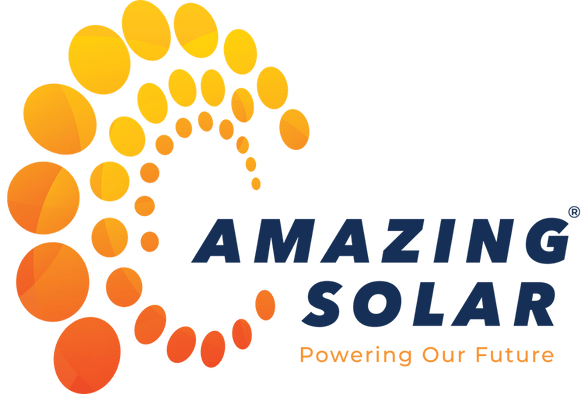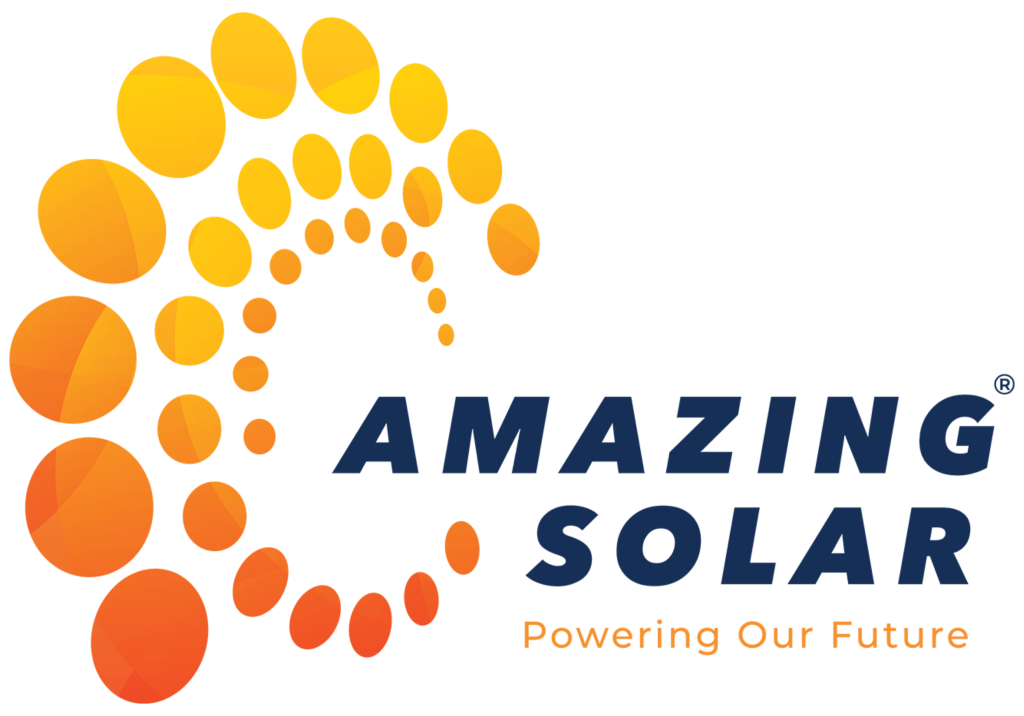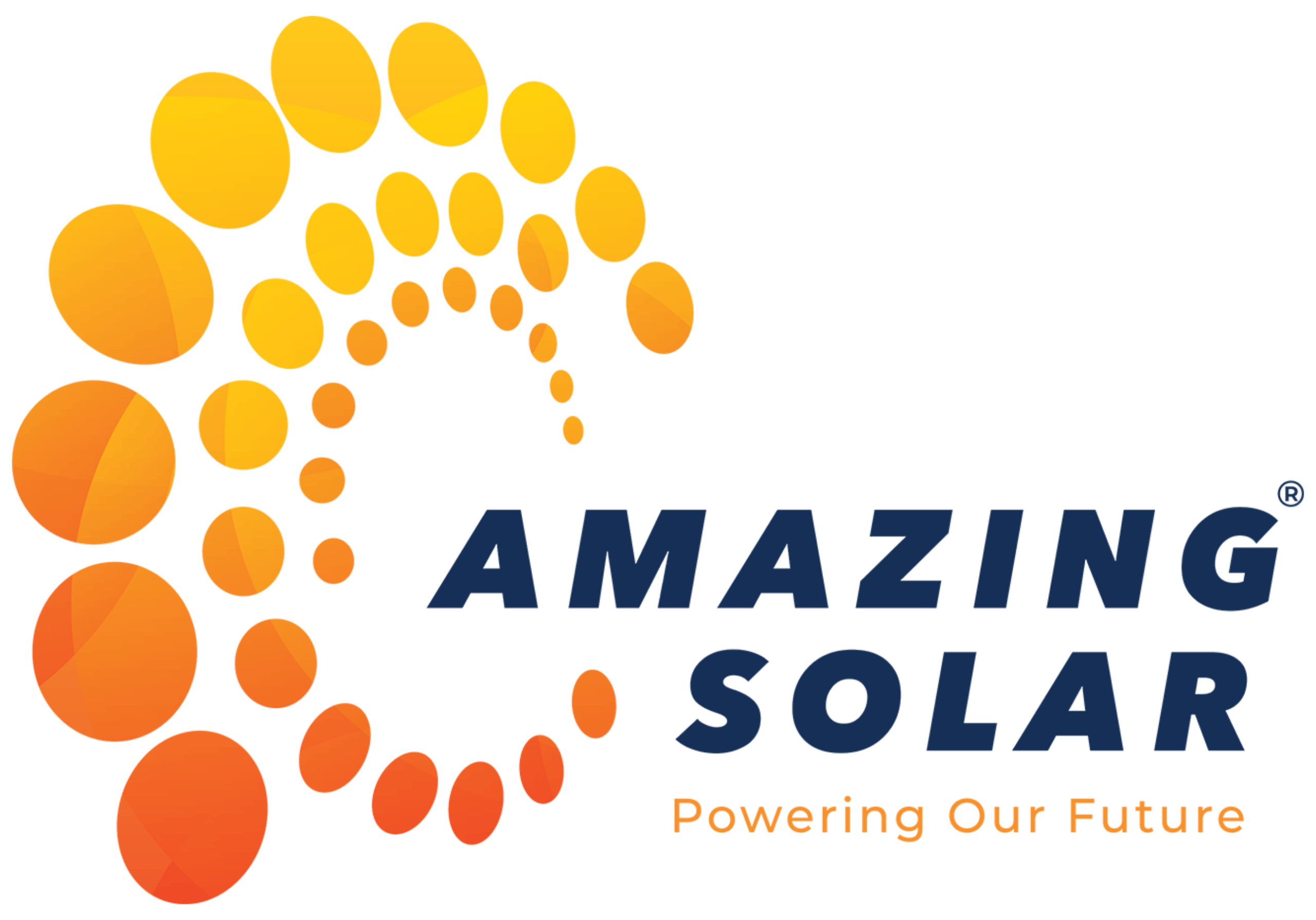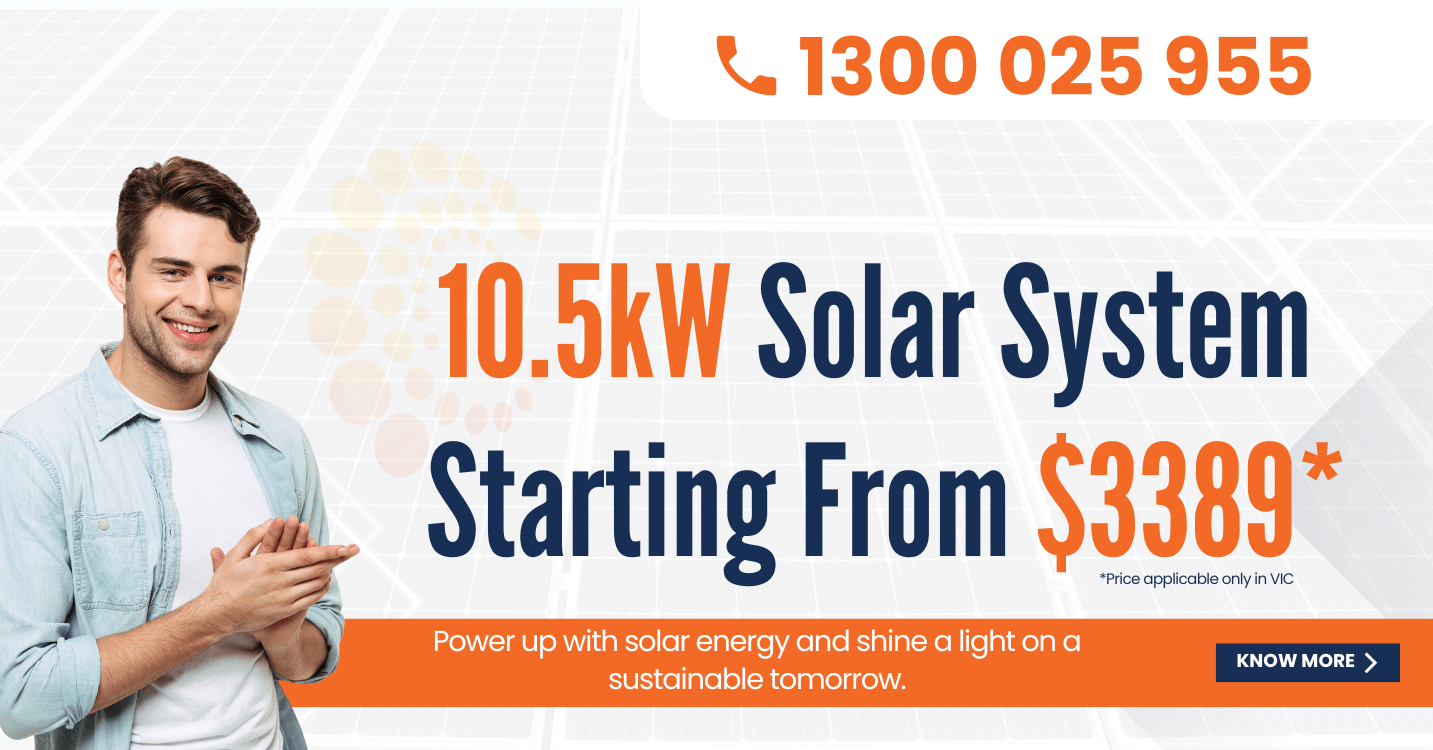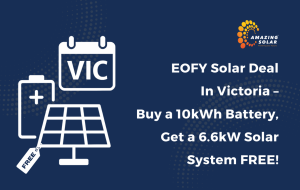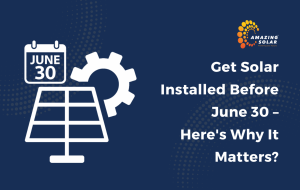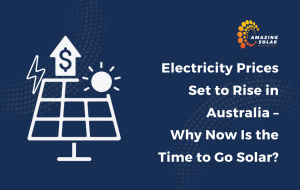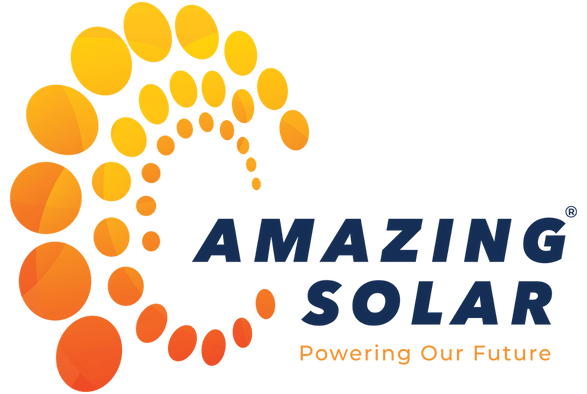Are you intrigued by the idea of harnessing solar power for your home but find the upfront costs daunting? Look no further! In this deep dive, we’ll delve into the world of solar leasing, dissecting its advantages, disadvantages, and everything in between.
Understanding Solar Leasing
Solar leasing is a financial arrangement where you lease solar panels from a solar provider. It grants you the perks of a solar-powered home without the initial capital investment. However, before you get too excited, let’s explore the intricacies.
Pros of Solar Leasing:
- No Upfront Cost: One of the most significant hurdles to adopting solar energy is the initial expense of purchasing and installing a solar system. Solar leasing breaks down this barrier, enabling homeowners to have solar panels installed without any upfront payment. Instead, they pay a manageable monthly lease fee.
- Maintenance-Free: When you opt for a solar lease, the leasing company typically assumes responsibility for maintenance, repairs, and system monitoring. This relieves you of any unexpected costs or the hassle of system upkeep. It offers a hands-off approach to solar energy.
- Lower Electricity Bills: Despite paying a monthly lease fee, your electricity bills can see a substantial reduction. The size of your solar system and your energy consumption determine the extent to which you can offset your electricity costs.
- Immediate Savings: The moment your solar panels become operational, you start saving on your monthly electricity bills. Over time, these savings accumulate, especially if electricity prices rise.
- Flexible Options: Many solar leasing companies offer a range of plans and terms to cater to different budgets and needs. Some even provide options to purchase the system later on.
- Hassle-Free Installation: From assessing your property’s solar potential to installing the panels, the leasing company manages the entire process. This translates to a streamlined experience for homeowners.
- Upgrade Opportunities: Solar technology evolves, and your leasing agreement may allow you to upgrade to more efficient panels during the lease term.
Cons of Solar Leasing:
- No Ownership: A fundamental drawback of solar leasing is that you don’t own the solar panels. Essentially, you’re renting the system and won’t benefit from the increased property value associated with owning solar panels.
- Long-Term Commitment: Solar leases often come with lengthy contracts, typically spanning 15 to 20 years. This can be a substantial commitment, especially if you’re uncertain about your long-term residence.
- Limited Savings: While you will see savings on your electricity bills, they may not be as substantial as if you owned the system outright. Monthly lease fees can offset some of the savings from reduced electricity bills.
- Missed Incentives: Ownership of a solar system often qualifies homeowners for various tax credits, rebates, and incentives at the federal, state, or local level. With leasing, these financial benefits typically go to the leasing company since they own the system.
- Potential Transfer Issues: Transferring a solar lease to a new homeowner if you decide to sell your home before the lease ends can be challenging. Some buyers might be reluctant to assume the lease, potentially complicating the sale process.
- Locked-In Rates: Certain solar leases include an annual rate escalator, causing the monthly lease payment to increase over time. This could diminish long-term savings compared to fixed-rate solar loans or outright system purchase.
- End-of-Lease Decisions: At the lease’s conclusion, you may need to choose whether to renew, purchase the system, or have it removed, possibly incurring additional costs if you opt for removal.
- Potential for Liens: In some cases, the solar leasing company may place a lien on the property to secure their interest in the leased equipment. This can complicate matters if you’re attempting to refinance or sell your home.
- Dependence on the Leasing Company: If the leasing company encounters financial challenges or goes out of business, it could impact the maintenance and service of your solar system.
Conclusion:
While solar leasing may seem like a convenient way to adopt renewable energy, it comes with significant downsides. Long-term contracts, loss of tax incentives, and limited savings on electricity bills make it a less financially attractive option.
Additionally, you’re reliant on the leasing company for maintenance, and hidden fees could lurk in the contract terms.
Overall, the long-term implications may outweigh the initial benefits, making solar leasing a less-than-ideal choice for many homeowners.

